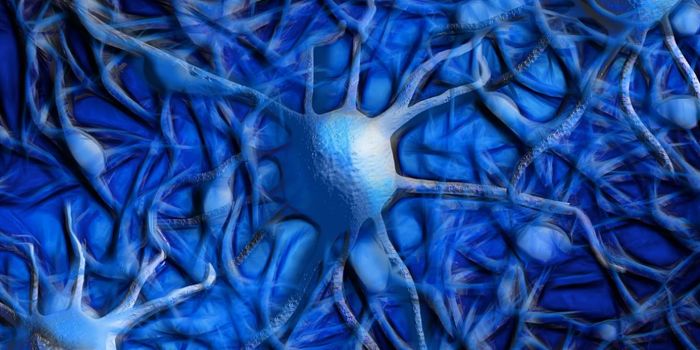Is a Firm Grip a Sign of Brain Health?
A firm handshake is typically respected and conveys an image of confidence. It might also mean something else as well. A large-scale study in the UK of close to 500,000 people has revealed that a firm grip could be an indicator of brain health. The research was done with the help of the UK Biobank data.
Dr. Joseph Firth is a Research Fellow at NICM Health Research Institute, Western Sydney University and an Honorary Research Fellow at The University of Manchester. He led the research that included participants from several regions in the UK. Data from 475, 397 study volunteers was analyzed, and the results showed an association between strength and cognitive performance on brain function assessments. Standard tests like reaction speed, memory tasks and problem-solving were used to determine brain function.
The relationship between grip strength and testing was consistent with study participants who were older than 55 as well as those who were younger. The study shows the relationships were consistently strong in both people aged under 55 and those aged over 55. Previous studies have only shown this applies to elderly people.
Dr. Firth explained, "When taking multiple factors into account, such as age, gender, body weight and education, our study confirms that people who are stronger do indeed tend to have better functioning brains. We can see there is a clear connection between muscular strength and brain health. But, really, what we need now, are more studies to test if we can actually make our brains healthier by doing things which make our muscles stronger – such as weight training."
While the study showed that grip strength was correlated with brain health in study volunteers who did not have a mental health diagnosis, the team also found that among patients with schizophrenia (there were 1,162 patients with a diagnosis of the disorder included in the study) the same strong correlation was found. Firth stated that "Our research has shown that the connections between muscular strength and brain functioning also exist in people experiencing schizophrenia, major depression, and bipolar disorder – all of which can interfere with regular brain functioning."
There are many studies of physical fitness and strength and how it relates to the brain, but those studies looked at aerobic exercise only. To date, there have been no studies based on musculature or weight training. This was the first study of its size to show such a close association in both healthy patients and those with a mental health disorder, making the connection to brain health and strength even more valid. The study was published in the journal Schizophrenia Bulletin. The team hopes that the results will lead to more research into how adding weight and strength training could impact brain function in patients with mental illness or other neurological deficits from illness or injury. Check out the video included here to learn more about this study.









